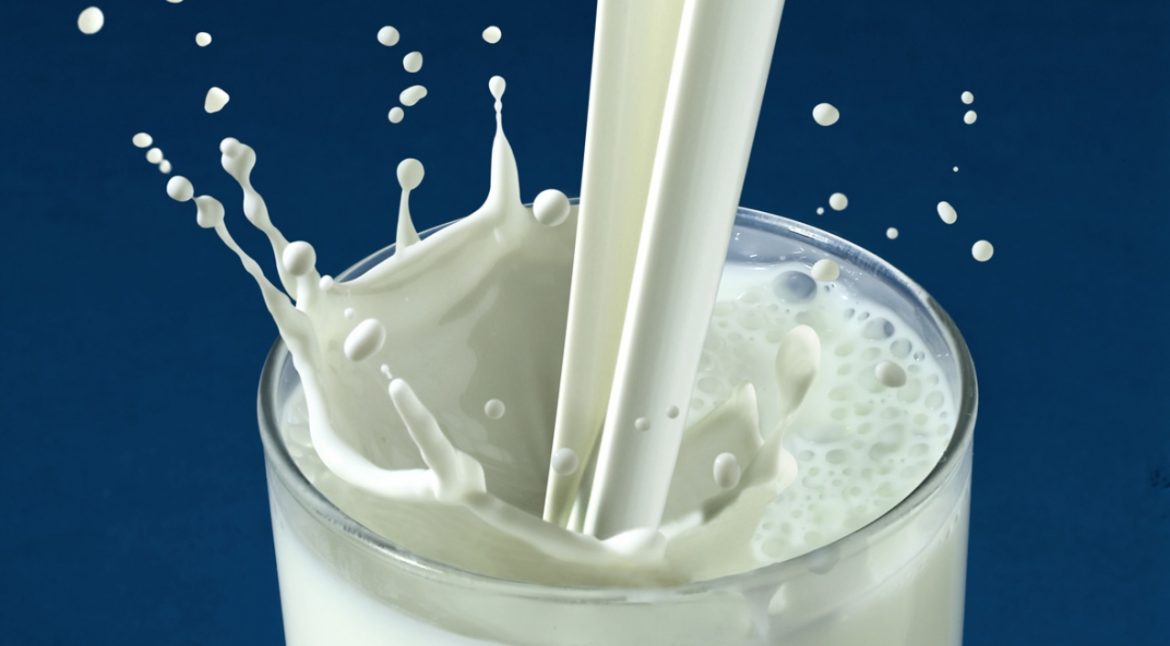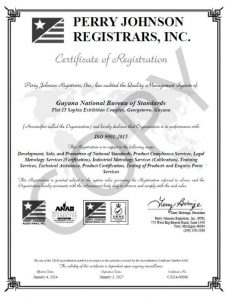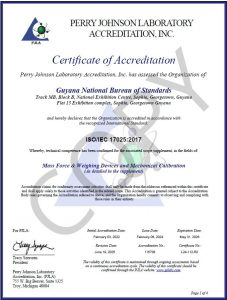The Guyana National Bureau of Standards (GNBS), through the Technical Committee – Foods has recently revised the Guyana Standard Specification for Milk (GYS 459:2025) to ensure that its requirements are more applicable to current food safety and hygienic practices, which are crucial for quality.
By incorporating the latest industry practices and aligning requirements with international standards, the newly revised standard ensures that customers receive a product that is not only safe for consumption but also consistent in quality. Additionally, the standard provides guidance to suppliers, manufacturers and consumers on safe practices pertaining to the production and distribution of milk products.
The scope of this revised national standard covers the production and processing of raw to heat-treated milk and factory milk for human consumption. It also covers the composition and labelling of fluid milk, and fluid milk products such as pasteurised, flavoured, condensed and evaporated milk. The document does not include requirements for the sale of raw milk directly to the end consumer.
Regarding the specific requirements, included in the document are requirements for the dairy herd. Cows, sheep, goats and buffaloes from which milk is collected shall show no signs of contagious diseases, diseases of the reproductive organs with discharge or any detectable inflammation of the udder or skin of the udder. These may cause contamination of the milk. Additionally, herds shall not consume contaminated feed, spoilt feed or feed with added antibiotics or hormones.
Dairy farms and rooms where dairy animals are kept must also satisfy specified requirements. These include sufficient space for dairy animals to move freely and adequate separation from sources of contamination. Spaces must allow for easy disinfection.
The standard also specifies requirements for persons involved in milking and the handling of milk. Importantly, persons working in any capacity involving the production, handling, storage or transportation of raw milk should not have any communicable diseases. Good personal hygiene must be practiced at all times.
Meanwhile, containers used in the transport of milk must be made of stainless-steel material that is smooth, non-corrosive and easy to clean and disinfect. To preserve quality and prevent spoilage, all milk must be delivered to a collection centre or processing facility within sixteen hours of milking. Vehicles used to transport milk shall not be used to transport animals.
The revised milk standard also provides specific requirements for the handling of milk and milk products in processing facilities. It also offers procedures to follow before the heat treatment of milk, general labelling requirements, and the composition and identity of milk and milk products.
This national standard was diligently developed to preserve the quality of milk produced in Guyana. Maintaining milk quality is crucial for public health, the dairy industry, and consumer satisfaction. High-quality milk is essential for producing safe and nutritious dairy products and for ensuring consumer confidence.
To learn more or to acquire your copy of the Specification for Milk, contact GNBS Standardisation Department. Notably, GNBS has a wide range of food and agriculture-related standards which can be implemented to guide and support farmers and other stakeholders.
For further information, please contact GNBS on telephone numbers: 219-0064-66 or WhatsApp us at 692-4627.






